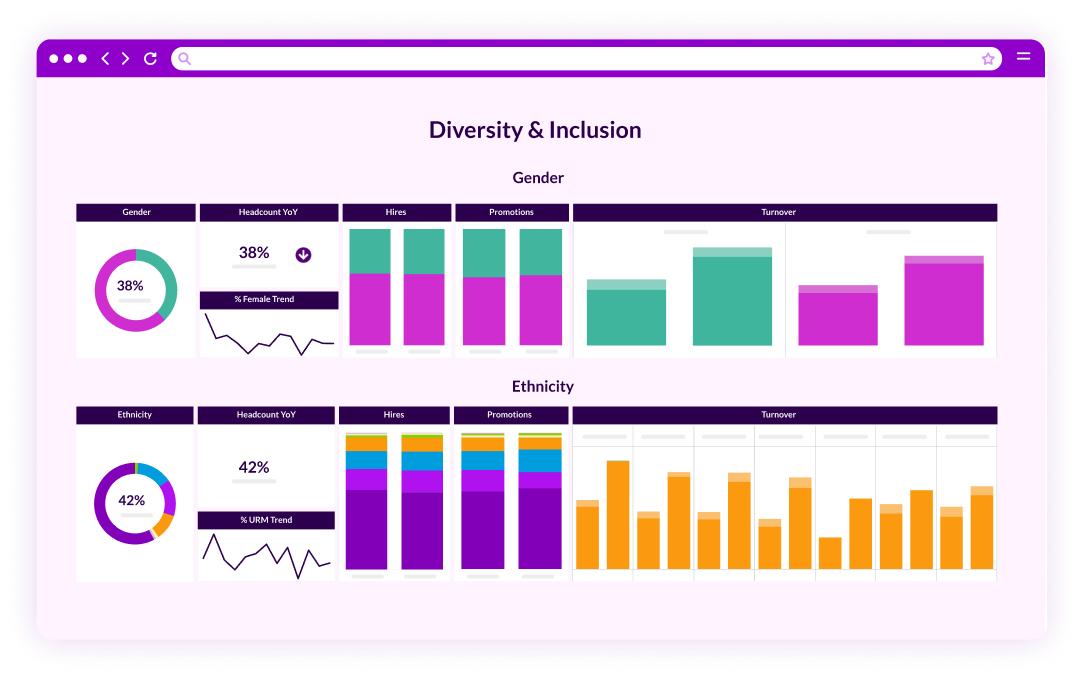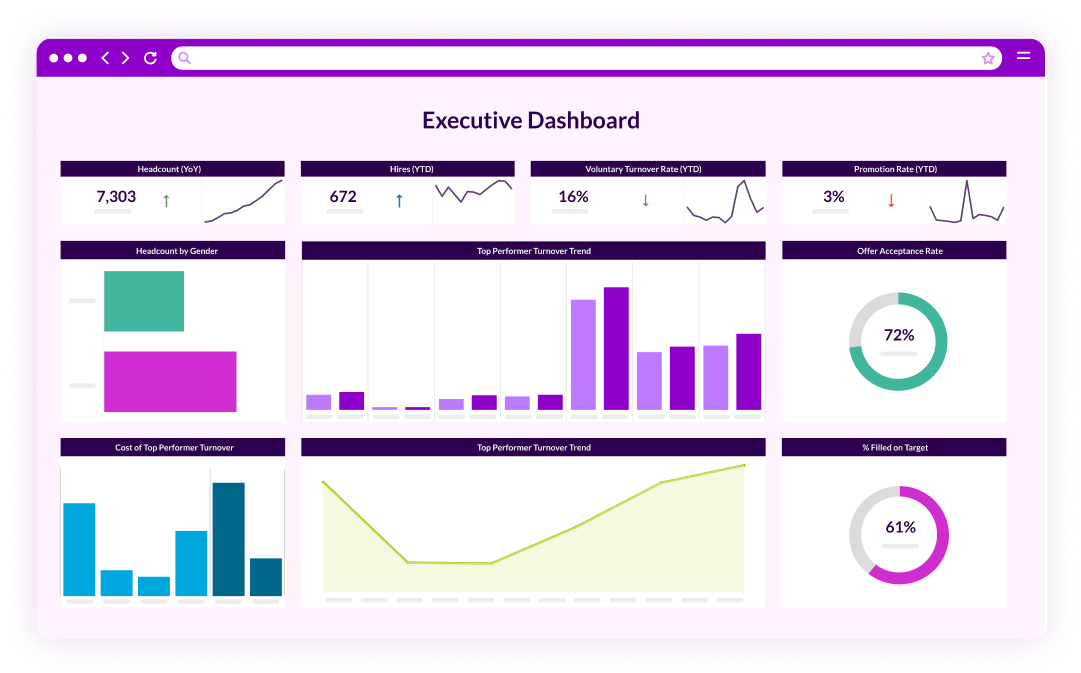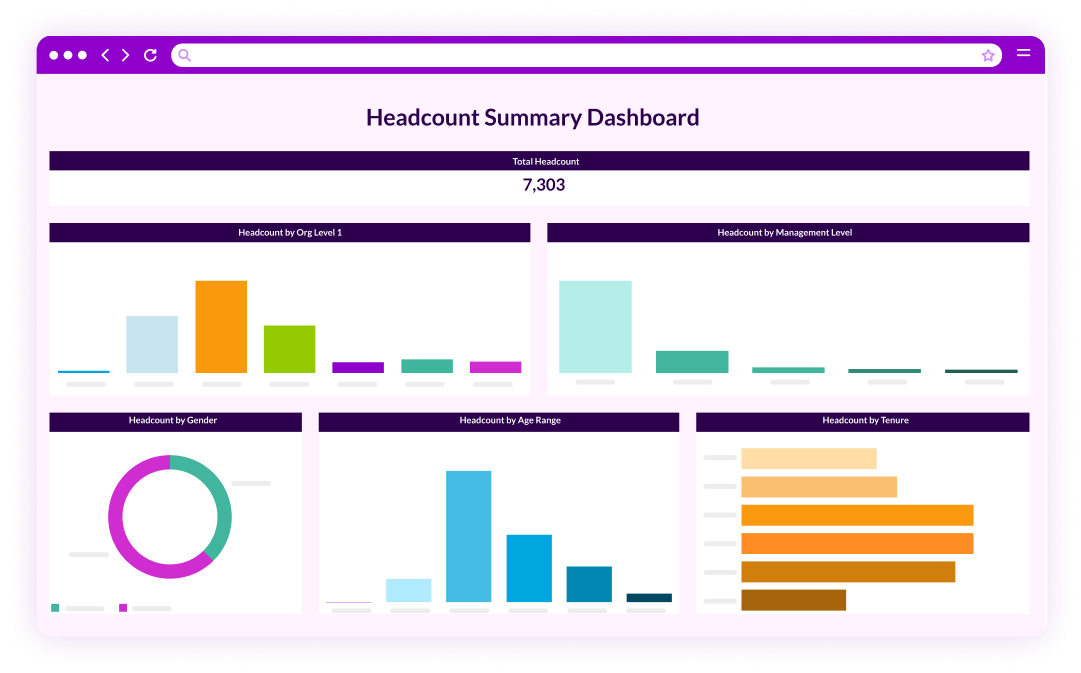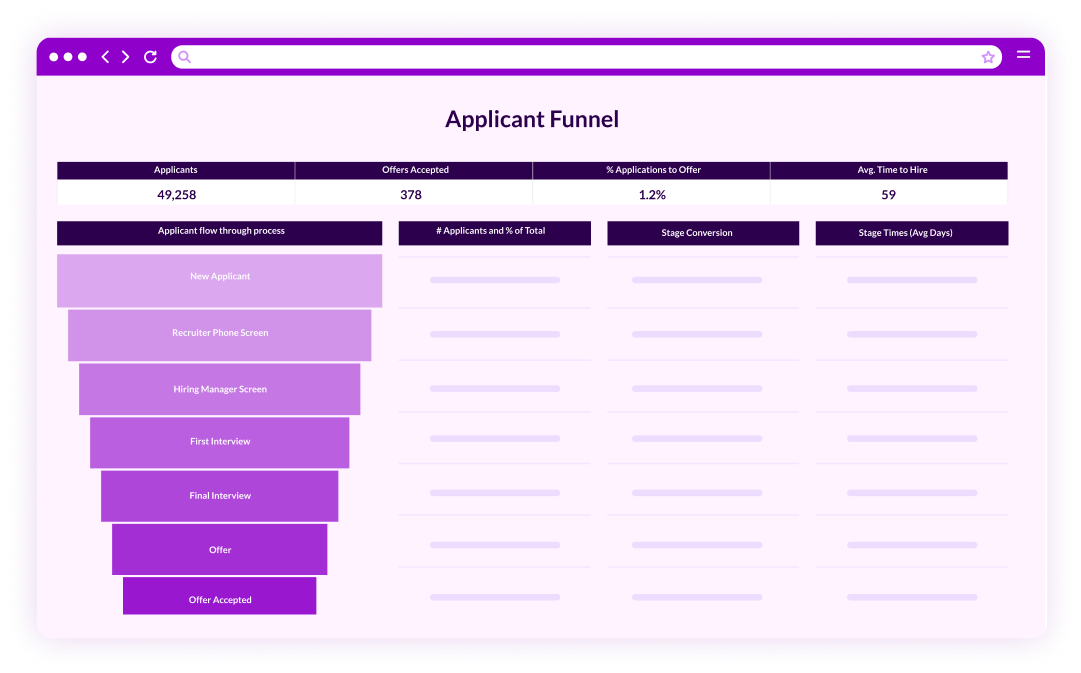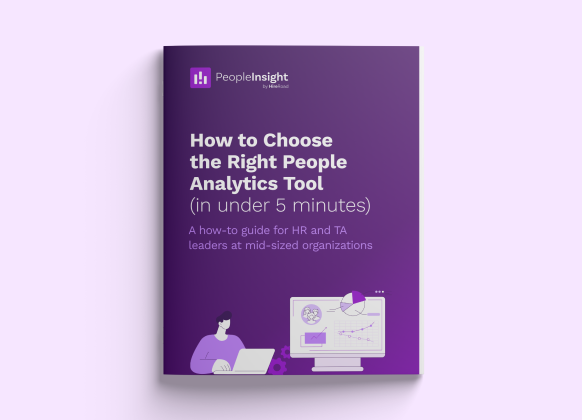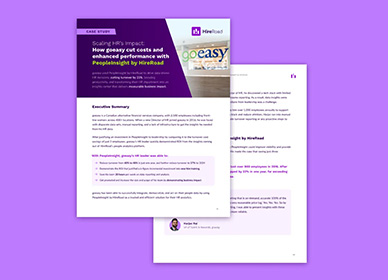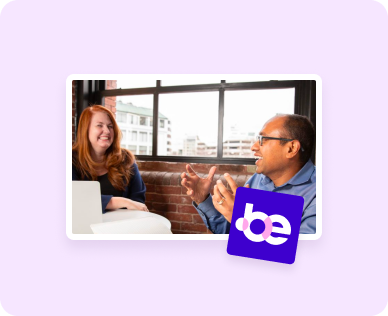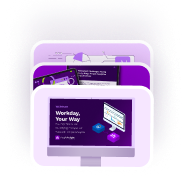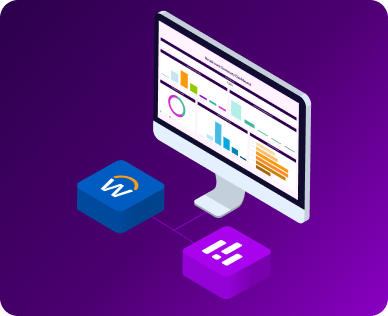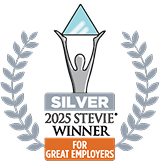AI tools can analyze a worker’s skills, strengths, and weaknesses to create personalized learning paths tailored to their needs. Managers can use this data to collaboratively set goals with their team, recommend specific courses, and deliver personalized upskilling opportunities.
That’s not all! With AI, you can enjoy real-time feedback on each employee’s performance. Instead of waiting for year-end evaluations to determine whether someone met their goals, managers can stay involved year-round and help workers achieve more. They can see who is on pace to crush their milestones and who needs a little extra support to grow and develop.
The analytics capabilities of AI will also shed light on your biggest engagement pain points. You can find out who is disengaged, why, and how to fix it. These insights allow your HR team to proactively remedy barriers to engagement and tap into the full potential of every team member.
